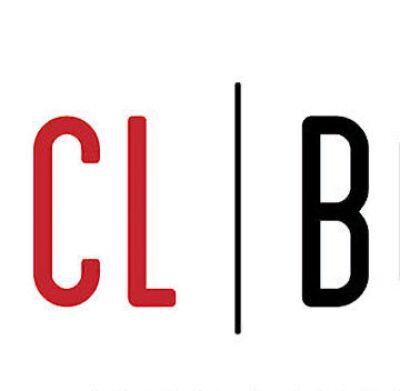Once you’ve found “THE ONE,” we need to quickly get an Offer to Purchase to the listing agent. By this point, we will have discussed the market and your budget in depth to determine your strongest offer position. Putting a strong offer together upfront is crucial to further negotiations being in your favor.
What should be included with your offer?
Your offer will be written using the most recent standard offer forms complying with all state and local laws in the Commonwealth of Massachusetts.
Part of our service is to make sure we present the best offer possible showing professionalism and commitment.
To make a strong offer to the seller, we will assist you in putting together the packet which will include an Offer to Purchase with any contingency addendums (i.e., mortgages needed, inspections to be completed, escalation clause), and proof of funds documentation showing your pre-approval/pre-qualification status or cash on hand. In addition to these items, there are other documents required by law to be signed at time of offer or after the offer is accepted such as a Property Transfer Lead Paint Notification, Seller’s Statement of Property Condition, a Home Inspection Consumer Fact Sheet, and a Wire Fraud Advisory.
Just so you know, an Offer to Purchase must, at the bare minimum, include:
- The price you offer to purchase the home.
- Terms or “contingencies” as stated in addendums.
- Target date for closing.
- Amount of your earnest money deposits. We can advise you about how big your deposit should be based on current conditions and how we write your offer. Typically the initial “Offer” deposit is between $1,000-$5,000 with the second “Purchase & Sale Agreement” deposit being between 3-10% of the purchase price.
- Time limit for acceptance of the offer.
- Time limit for execution of the Purchase & Sale Agreement (see Step #7).
What are the most common contingencies?
#1: Financing: Unless you’re paying cash, it’s typical to write your offer with a mortgage contingency clause, letting you off the hook if you can’t finalize your mortgage by a certain date. Even if you have a pre-approval for a loan, it’s smart to protect yourself with this contingency.
#2: Home inspection: Your offer can be made dependent on a satisfactory home inspection report within a certain number of days with a dollar limit for required repairs. This protects you if the inspection uncovers expensive necessary repairs beyond your budgeted allowance.
What happens if there are multiple offers on the same home?
In a hot housing market or one with low inventory, like the current conditions, you will find yourself competing against other buyers. This is where our experience and expertise shine! We always work on your behalf, strategizing how to best position your offer to be accepted. Our relationship and long track record with many other local agents can be a bonus as they know we have a high level of communication and trust so our deals close smoothly.
If there’s more than one offer on the table, the seller can:
- Accept the best offer.
- Counter all the offers to get a better price and terms.
- Counter the one offer closest to what they want.
A few strategies which work well in the face of a multiple offer scenario are (1) match what’s important to the seller (such as a specific closing/moving date), (2) waiving some contingencies (such as a formal home inspection), (3) adjusting the offer price with an escalation clause, and (4) writing a “love your home letter” about the home to the seller expressing why you would love to buy their home.
What is a counteroffer?
The seller can accept your offer as is, or they can make a counteroffer with an adjustment to your terms. You can accept or reject the counteroffer or make your own counteroffer. The offer is final once you and the seller have agreed to all terms.
As your designated agent, we’ll work on YOUR behalf to negotiate the terms of your purchase in your very best interests.

